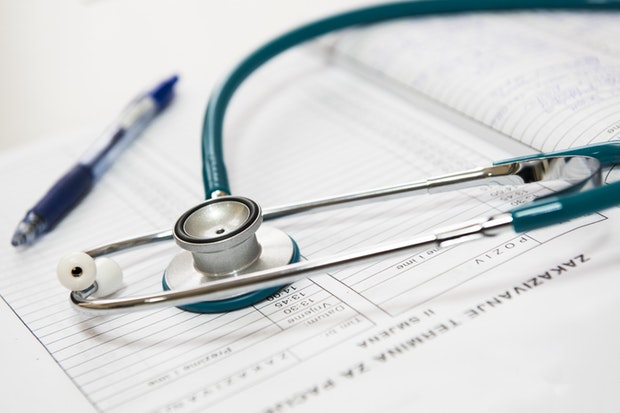5 Medical Professions Growing During the COVID-19 Pandemic

The outbreak and spread of the COVID-19 pandemic has proved to be a shocking and life-altering development in 2020. It will undoubtedly shape the future of the global medical community. As such, innovations and discoveries during this time will play a pivotal role in the healthcare industry, including existing professions whose importance will be heavily amplified and expanded in the decades to come.
The following medical professions stand to evolve and grow considerably in the environment of this pandemic and its aftermath:
LABORATORIANS
During a pandemic, laboratory technicians and technologists are critical members of the medical community who assist other professionals in the all-important work of diagnosis, treatment, and disease control. This profession can take you from a hospital to a doctor’s office or a laboratory and includes the collection of body fluids (blood namely) and tissue.
Because of the importance of correctly assessing COVID-19 for the purposes of treatment, diagnosis, and correctly reporting statistics regarding the spread of the virus, laboratorians have played an important role in testing for coronavirus antibodies. The early prevalence of false positives and false negatives serves as testimony to why improvements to antibody testing are so critical.
The need for comprehensive blood diagnostics in emergency situations also underscores the importance of rapid testing technology in the medical community. It’s never been more critical to process and transmit lab-accurate results in a format that can be easily received and understood by both patients and medical officials.
EPIDEMIOLOGISTS
The job of an epidemiologist is to study the dynamics and spread of communicable diseases, so it’s no surprise that in the age of COVID-19, the stock of this profession is growing exponentially. You can think of epidemiologists as basically detectives who show up to the scene of the crime – the origins of a disease outbreak – and investigate what happened and how to solve it.
This profession involves disease surveillance, which is itself a burgeoning field in medical science, as well as collecting data from tissue samples, patient interviews, and community surveys.
The workplace environments for these scientists range from local health departments to state governments, hospitals, colleges, and even the federal Centers for Disease Control and Prevention (CDC).
REGISTERED NURSES
Registered nurses (RNs) are one of the most popular medical careers these days, especially for young people. The recent pandemic, unfortunately, has put these noble people into harm’s way and tested their durability in every possible way.
RNs work in locations ranging from clinics and assisted living facilities to schools and geriatric facilities. They are the Swiss Army knife of the medical profession, assisting in everything from midwifery to emergency rooms.
ENVIRONMENTAL HEALTH EXPERTS
Environmental health experts occupy a wide range of fields and occupations, ranging from studying the effects of pollution in ecosystems, materials consultants to lower uses of things like plastics, or even roles assessing the use of chemicals in workplace facilities.
In the age of COVID-19, many environmental health experts have been tasked with diagnosing what disinfectants to use in business offices.
According to Dr. Claudia Miller, an immunologist, allergist, and author: “This is a hazardous proposition. Cleaners tend to go in with hugely toxic chemicals. We’re creating another problem for a whole group of people, and I’m not sure we’re actually controlling infections.”
BIOSTATISTICIANS
Biostatisticians are considered to be part of an interdisciplinary field that includes public health, biomedicine, pharmaceuticals, and other fields that involve natural sciences and mathematics (statistics, for example).
Whether they’re crunching numbers, tabulating data, or building computational models, biostatisticians have the opportunity to conduct groundbreaking research and solve real-world problems like chronic diseases and pandemics. And according to Forbes, biostatisticians earn on average $104,000 per year.
The reality is the skills of these five jobs interconnect and cross-pollinate. According to Daniel Zhao, a Glassdoor senior economist and data scientist, these careers involve “portable skills” that require “crisis communication skills.”
Regardless, if you’re looking to find a career in the biomedical industry or healthcare facilities, these five professions are growing exponentially because of the tragic emergency of the current pandemic.

